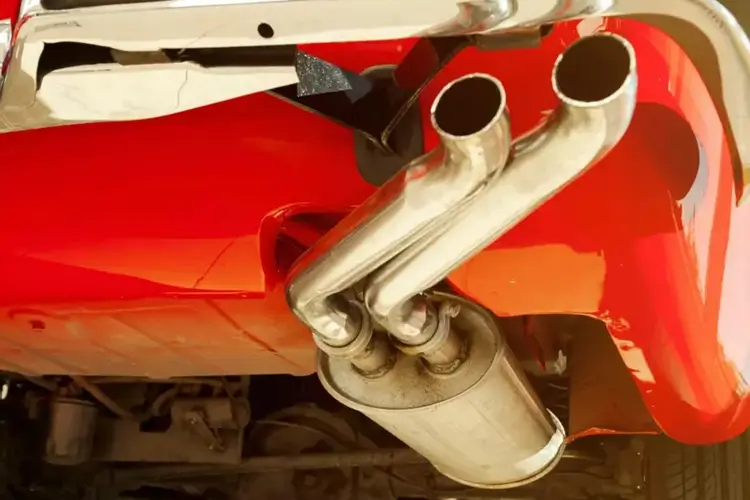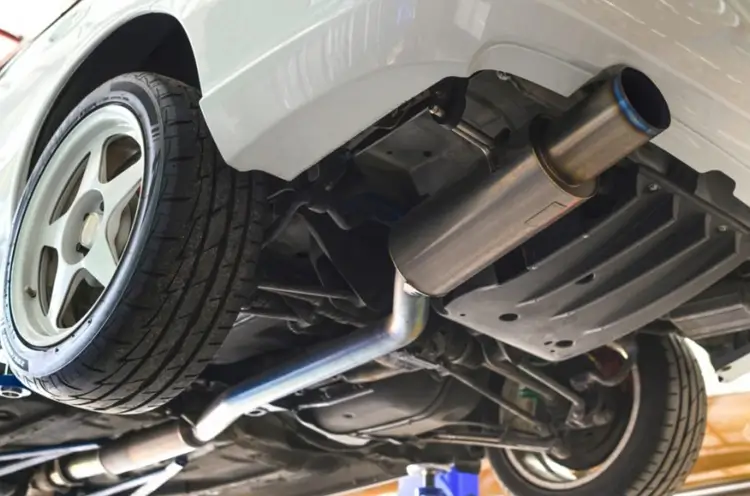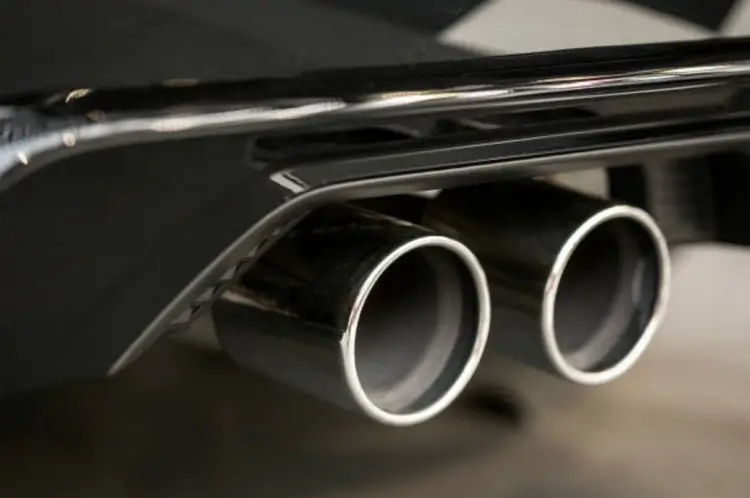Address: 300 Dixie Trail, Goldsboro, NC 27530
Catalytic converters are essential in reducing vehicle emissions and protecting the environment. These innovative devices transform harmful pollutants in exhaust gases into less harmful emissions before they exit the tailpipe. Let’s delve into the critical role catalytic converters play in emissions control.
How Catalytic Converters Work
Catalytic converters use catalysts – typically precious metals like platinum, palladium, and rhodium—to facilitate chemical reactions that convert harmful gases into less toxic substances. When exhaust gases pass through the converter, the catalysts promote oxidation and reduction reactions that transform carbon monoxide (CO), hydrocarbons (HC), and nitrogen oxides (NOx) into carbon dioxide (CO2), water (H2O) and nitrogen (N2).
Types of Catalytic Converters
- Two-way catalytic Converters oxidize CO and HC into CO2 and H2O. They are typically used in older vehicles and effectively reduce these specific pollutants.
- Three-Way Catalytic Converters: Most modern vehicles use three-way converters, which reduce NOx and oxidize CO and HC. This type of converter is more efficient and meets stricter emission standards.
Benefits of Catalytic Converters
- Reduced Emissions: Catalytic converters significantly reduce the environmental impact of vehicle exhaust by converting harmful pollutants into less harmful emissions.
- Improved Air Quality: Lower vehicle emissions contribute to better air quality, which can reduce health problems related to air pollution.
- Compliance with Regulations: Catalytic converters help vehicles meet stringent emission standards set by governments worldwide, ensuring compliance and avoiding penalties.
Maintaining Your Catalytic Converter
To ensure your catalytic converter functions efficiently:
- Use the Right Fuel: Avoid leaded gasoline, which can damage the catalyst.
- Regular Maintenance: Routine inspections and exhaust system maintenance can prevent issues.
- Address Engine Problems Promptly: An engine running too rich or lean can damage the catalytic converter.
Catalytic converters are vital for reducing vehicle emissions and protecting the environment. By understanding their function and maintaining them properly, you contribute to cleaner air and a healthier planet. Embrace eco-friendly innovation with catalytic converters and drive with a commitment to sustainability.




